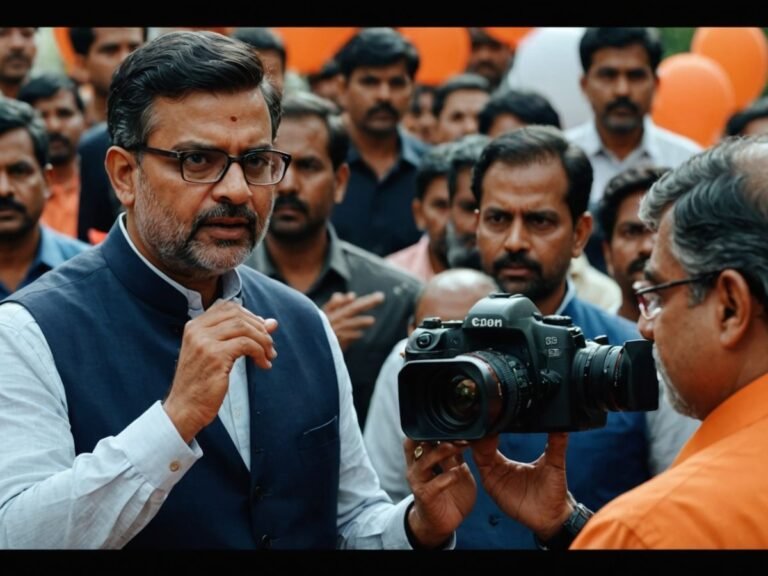A recent statement by Tamil Nadu’s Minister S.S. Sivasankar has ignited a political firestorm. The minister claimed there is no evidence to support the historical existence of the Hindu deity Ram, prompting a swift and sharp response from the Bharatiya Janata Party (BJP).
Key Takeaways
- Tamil Nadu Minister S.S. Sivasankar stated there is no archaeological or historical evidence to prove the existence of Ram.
- The BJP responded by accusing the DMK of having an agenda against Hindu beliefs and history.
- The controversy has sparked a broader debate on the intersection of religion, history, and politics in India.
Minister’s Statement
During a ceremony at the Sri Brihadeeswarar Temple in Gangaikonda Cholapuram on August 2, 2024, Sivasankar made his controversial remarks. He compared the historical evidence available for Emperor Rajendra Chola with the lack of such evidence for Ram. Sivasankar said, “We celebrate the birth anniversary of Emperor Rajendra Chola because we have inscriptions, temples, and lakes built by him. But there is no evidence to trace the history of Ram.”
Sivasankar further questioned the divine status of Ram, stating, “They say Ram is an avatar of God. If Ram were an avatar, he could not have been born. If he was born, he could not be God.” He argued that such claims are intended to mislead people and suppress Tamil history.
BJP’s Response
The BJP was quick to respond to Sivasankar’s statements. Tamil Nadu BJP President K. Annamalai criticized the DMK, saying, “The DMK’s sudden obsession with Lord Ram is noteworthy. Isn’t it ironic that the same party opposed the installation of the Chola dynasty’s Sengol in the new Parliament complex?”
Annamalai accused the DMK of having a selective memory and a skewed understanding of history. He added, “It is almost laughable that the DMK thinks Tamil Nadu’s history began in 1967. They need to educate themselves about the country’s rich culture and history.”
Broader Implications
The controversy has opened up a broader debate on the role of religion and history in Indian politics. Sivasankar’s comments have been seen by some as an attempt to assert Tamil cultural identity over pan-Indian Hindu narratives. On the other hand, the BJP’s response highlights the party’s commitment to defending Hindu beliefs and traditions.
This incident is not isolated. It follows a series of similar controversies where political leaders have made statements questioning religious beliefs, leading to public outcry and political backlash. The debate continues to evolve, reflecting the complex interplay between religion, history, and politics in India.


